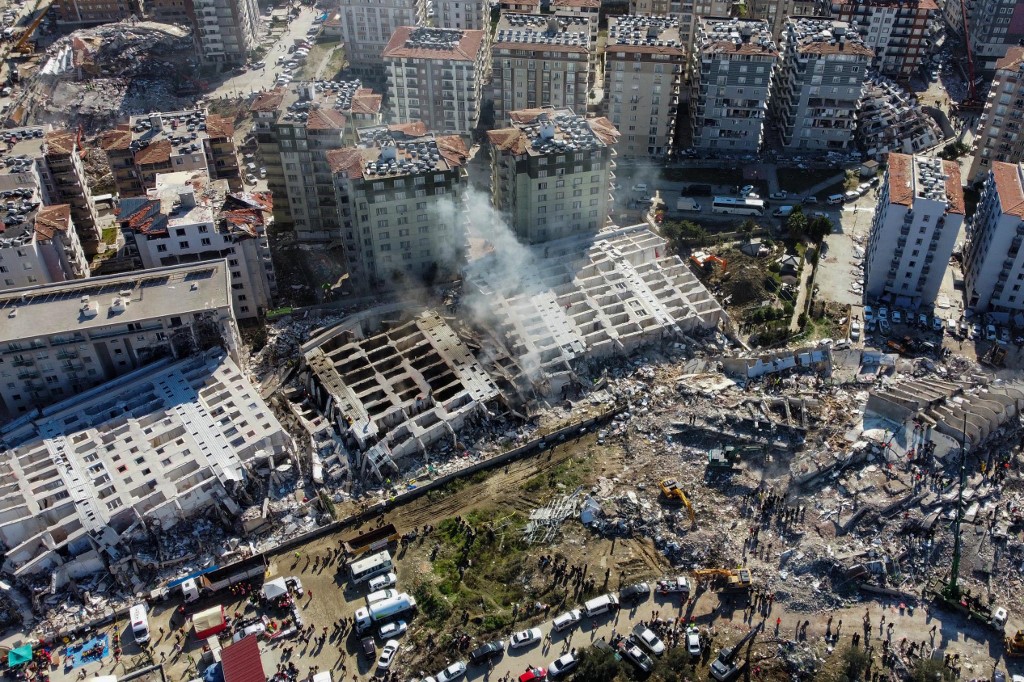The World Bank is in advanced talks to potentially double its exposure to Turkey to $35 billion to help stabilize the Middle East’s largest non-oil economy, Bloomberg reported, citing people with direct knowledge of the matter.
The discussions include a World Bank pledge of as much as $18 billion for projects over the next three years, in addition to more than $17 billion in programs already in place, the people said, asking not to be named because the talks aren’t public. The funding would include direct lending to the government as well as support for the private sector, the people said.
Turkey’s Treasury and Finance Ministry declined to comment on the talks. The World Bank also declined to comment.
The Turkish lira pared losses and credit-default swaps fell, while the banking index rose as much as 4 percent on the news.
A deal would mark a vote of confidence in the newly installed economic administration of Treasury and Finance Minister Mehmet Şimşek and Central Bank Governor Hafize Gaye Erkan. Since they were appointed in June, Turkey has begun to undo years of unconventional, growth-at-all-costs economic policies pushed by President Recep Tayyip Erdoğan until his re-election in May. Şimşek and Erkan are leading efforts to rein in runaway inflation and put the nearly $1 trillion economy on a more sustainable path.
The World Bank expects two-thirds of the $18 billion to go to Turkey’s private sector through direct investment and guarantees, the people said. Some of the funds would be used to provide short-term guarantees for trade finance and support Turkish exporters, they said.
Quake reconstruction
The program currently under discussion highlights the World Bank’s support for Turkish policymakers’ efforts to restore macroeconomic stability, according to excerpts from a draft document viewed by Bloomberg. Şimşek and Erkan met with Ajay Banga, the president of the Washington-based lender, in India in July, Turkish state media reported at the time.
Some of the newly dispatched funds will likely be allocated to help in reconstruction of areas devastated by two massive earthquakes that struck Turkey’s southeast on Feb. 6, killing more than 50,000 people.
The government has pledged to build some 200,000 residential units within a year for survivors, and estimated the cost of reconstruction at about $100 billion. The World Bank has already extended a €910.5 million ($980 million) loan to Turkey for rebuilding, part of its existing $17 billion allocation.
Financing gap
Following the earthquakes, Turkey’s current account deficit widened to about 6 percent of gross domestic product, as exporters in the affected areas suffered outages and ultra-low borrowing costs encouraged imports.
Erdoğan went on a tour of the Middle East Gulf in July, returning with pledges of tens of billions of dollars in investments from the United Arab Emirates and Saudi Arabia. The arrangement with the World Bank would mark the biggest source of external financing since Erdoğan’s visit to the Gulf petrostates.



